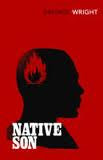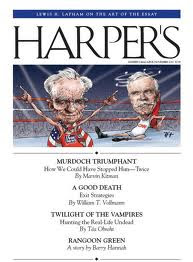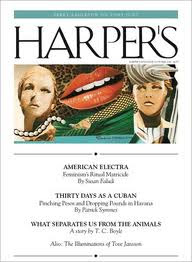
My Harpers is here!
There is always something interesting I didn’t know about in this magazine. For example, who knew that there were ‘content mills’ for the internet. From the Dept of We’re-All-Going-to-Hell-in-a-Handbasket:
“. . . consider the example of Demand Media, a so-called content-mill, which uses a vast collection of Web-recruited freelancers to generate articles for about $15 per 300-word item; copy editors are said to get $2.50 for each piece they correct. The outfit’s editorial direction is chartered by what the company’s prospectus calls “our propeitary algorithms,” which is to say, equations that mainly weigh two factors: what perople are searching for on Google and what advertisers might pay to associate themselves with a given topic.” (EASY CHAIR by Thomas Frank)
Even more proper newspapers, like USA Today, have used these mills. Journalism is dead and we are all totally screwed.
Let me just close off by saying something that is not strictly relevant, but has been bothering me for some time. What is going on with Julian Assange’s hair? Is it prematurely white? Or is it white in the usual way, but his face is freakishly young? Or what? These journalists keep reporting on Wikileaks, but no one is asking the real questions.






